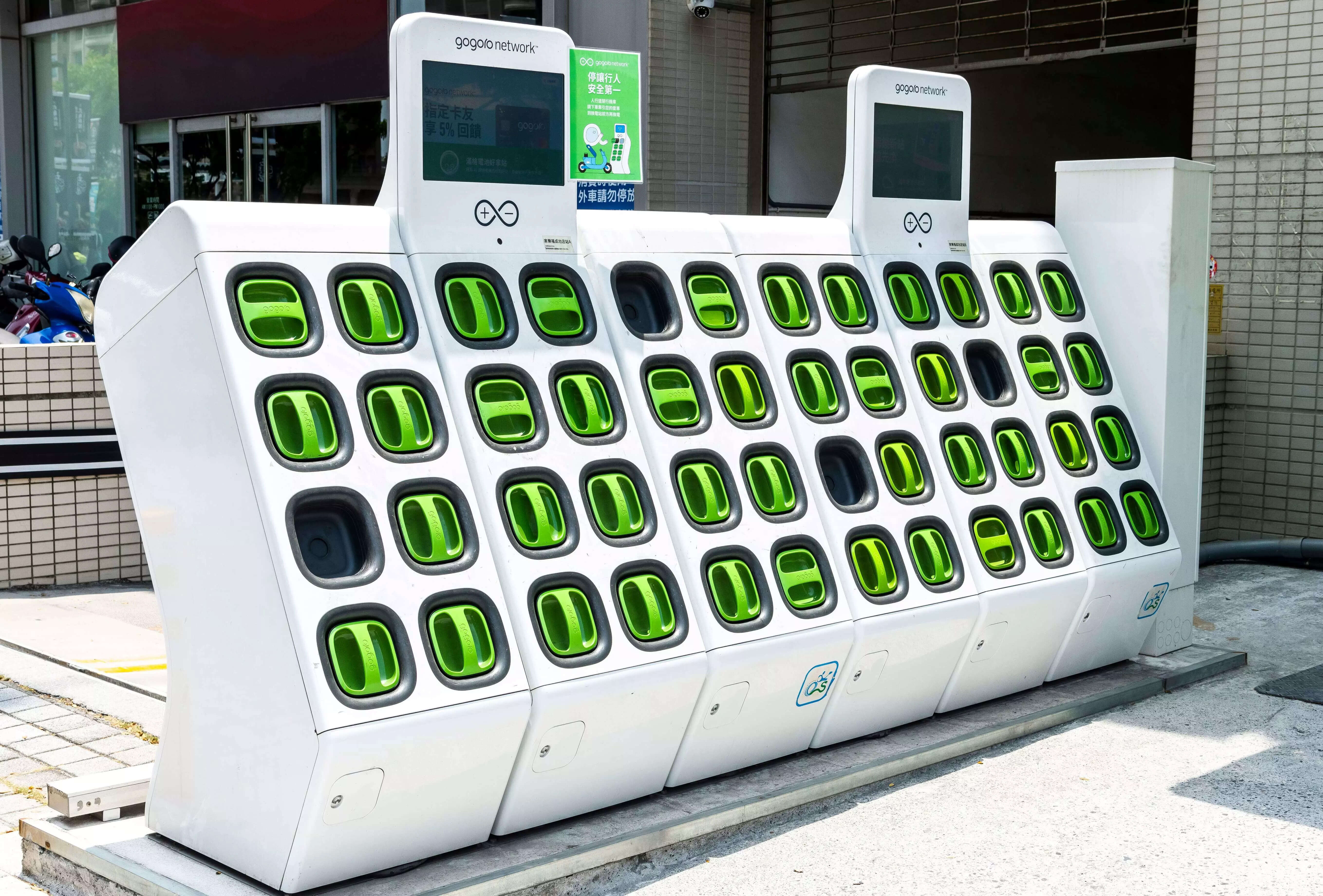Read by: 100 Industry Professionals

The Bureau of India Standards (BIS) has come out with standards and tests for electric vehicle (EV) charging infrastructure and requirements for battery swapping systems. It also provides for the safety requirements for a battery swap system.
“The series comprises 10 parts, which define the charging modes, communication protocols, electrical safety, and performance test requirements for EV charging systems,” said the BIS in a statement.
The standards aim to provide uniformity and compatibility for EV charging infrastructure across the globe. “They ensure that EV charging systems are safe, reliable, and interoperable with various vehicles and charging network providers,” BIS added.
The government is in the process of drafting a battery swapping policy, the draft of which was introduced last year. However, there have been concerns raised by the industry about standardisation of proposed interoperability on battery sizes, and form factors; connectors and communication protocol, which they say, will create a roadblock for innovation and also create an artificial monopoly in the industry.
Sales of EVs) are no longer just limited to larger cities such as Delhi, Mumbai and Bengaluru. They are seeing traction in non-metro markets also. Overall, electric cars sales are expected to more than double to cross the 100,000-mark for the first time in 2023, spurring manufacturers from Maruti Suzuki to Hyundai Motor India and Tata Motors to line up more than a dozen models for launch in the next two to three years.
Sales of luxury EVs have surpassed volumes recorded in all of 2022 touching the 500 unit mark in the first three months of the year.
These standards are a part of overall Green Standards formulated by the BIS in accordance with global rules.
As a part of Green Standards BIS has also formulated rules for raw materials for constructions (like fly ash, construction and demotion waste, cement, fly ash bricks), waste disposal (like recycling of plastics waste), agriculture (organic farming process), renewable energy (wind turbines, energy efficient motors and solar PV modules).
BIS director general Pramod Kumar Tiwari said at a press briefing that plastic is not a 100% biodegradable product and if any manufacturers claim otherwise it will tantamount to misleading advertisement.
Tiwari said the BIS is also in process of framing standards for carbon trading.

